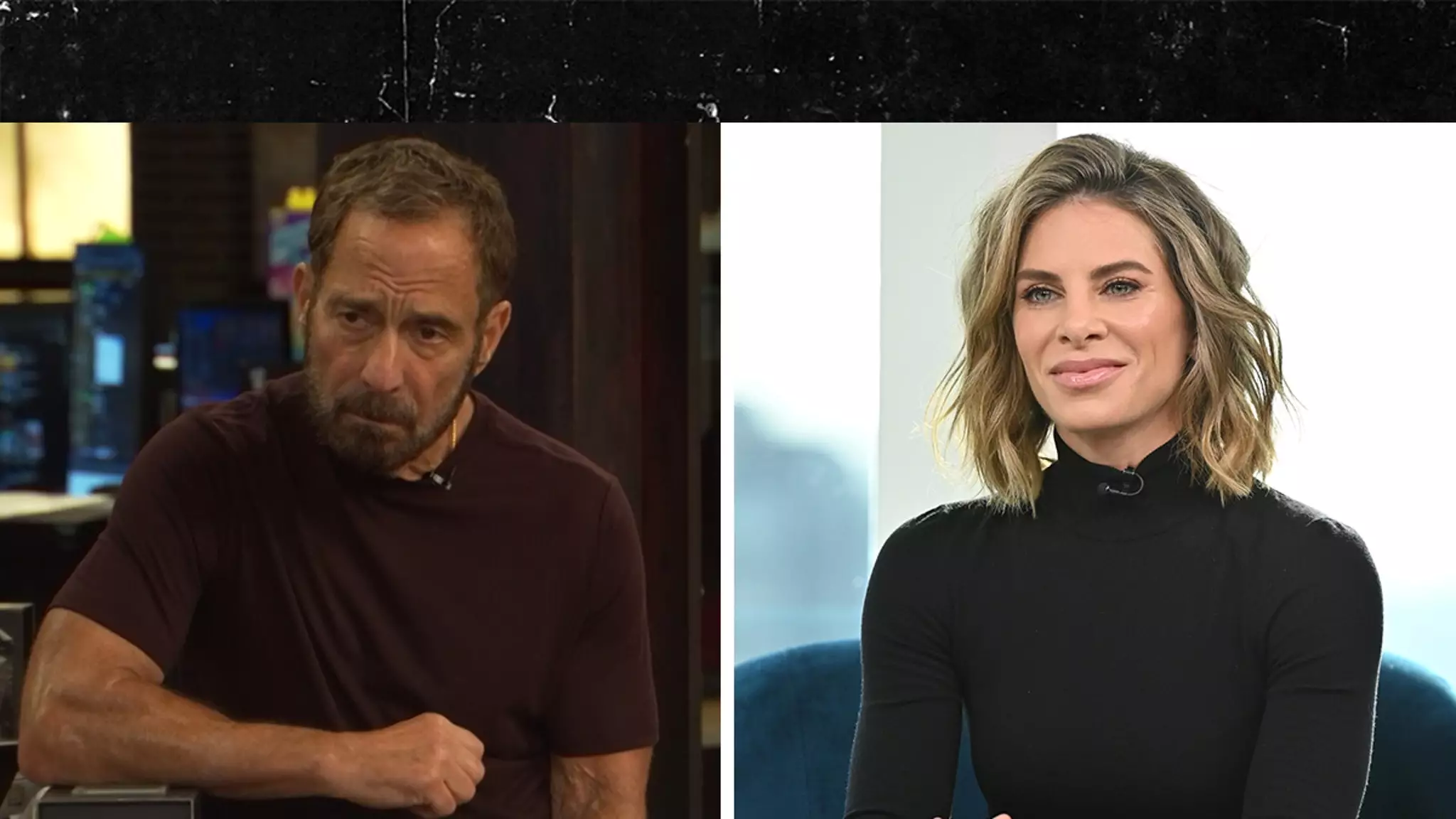In an era dominated by streaming giants and binge-worthy content, the portrayal of iconic fitness figures like Jillian Michaels has far-reaching implications. While documentaries aim to inform and entertain, they often blur lines between facts and sensationalism. The recent Netflix “Biggest Loser” exposé exemplifies this tension, revealing how narrative framing can distort public perception. Jillian Michaels’ vehement denial underscores the importance of critical engagement with media, especially when the stakes involve reputation and legal repercussions. Her assertion that the documentary’s portrayal is not merely inaccurate but deliberately misleading invites viewers to question the motives behind such productions. Are these productions truly committed to truth, or are they playing on stereotypes and gossip to maximize viewership? Michaels’ claims highlight a broader issue: the entertainment industry’s penchant for shaping narratives that serve proprietary interests at the expense of truth.
Behind the Curtain: Power, Politics, and Personal Vendettas
The core of Michaels’ frustration appears rooted not just in factual inaccuracies but in a longstanding history of power struggles within the television and entertainment industry. Her allegations suggest that Netflix, consciously or not, may be influenced by internal conflicts, with key figures allegedly biased against her. For instance, her mention of NBC executive Brandon Riegg, now involved in Netflix’s documentary, hints at a possible pattern where certain individuals wield influence to shape narratives—potentially to discredit Michaels or serve other undisclosed agendas. This web of accusations reveals how personal vendettas and industry politics can infiltrate content designed for mass consumption. Such dynamics turn what seems like entertainment into a battleground where reputations, careers, and personal integrity are at stake. Michaels’ willingness to present documentary evidence highlights her conviction that this is more than a simple case of misreporting; it is part of a larger scheme aimed at undermining her authority and credibility.
The Reality of Wellness and the Danger of Misinformation
Amidst the controversy lies a deeper concern: the health and safety of those involved in televised health and fitness initiatives. Michaels criticizes the documentary for portraying her as complicit in dangerous practices, like abruptly removing contestants from medications or endorsing illicit substances. Her assertions that she was actively protecting contestants challenge the narrative of misconduct and raise questions about the responsibility of media producers to accurately depict complex situations involving health. The implications extend beyond individual reputations; they influence public trust in fitness advice, medical safety, and Rehabilitation protocols. Sensationalism can have dangerous repercussions—if viewers believe trainers like Michaels condone or overlook misconduct, they may lose faith in professional guidance altogether, potentially jeopardizing their health. The stakes are high, and Michaels’ fierce response underscores her commitment to safeguarding not only her reputation but the integrity of health and fitness storytelling.
The Battle for Truth in the Age of Digital Media
This controversy exemplifies the ongoing struggle for truth in an age where sensational stories often overshadow factual accuracy. Michaels’ claims of being ignored despite legal requests, along with her intentions to explore legal action, reflect an awareness that misinformation can cause irreversible damage. The decision whether to release her receipts or pursue legal action demonstrates the complex dynamics content creators face when defending reputation. What’s also noteworthy is her pointed critique of Netflix’s alleged duplicity—highlighting how even streaming titans, perceived as purveyors of truth, may manipulate narratives for their own goals. Michaels’ narrative suggests that truth is often a casualty of corporate interests, and that fighters for transparency must be willing to challenge powerful entities. Her outspoken stance reveals a determination to set the record straight, even at great personal and financial cost, illustrating the importance of accountability in the realm of celebrity and documentary filmmaking.

